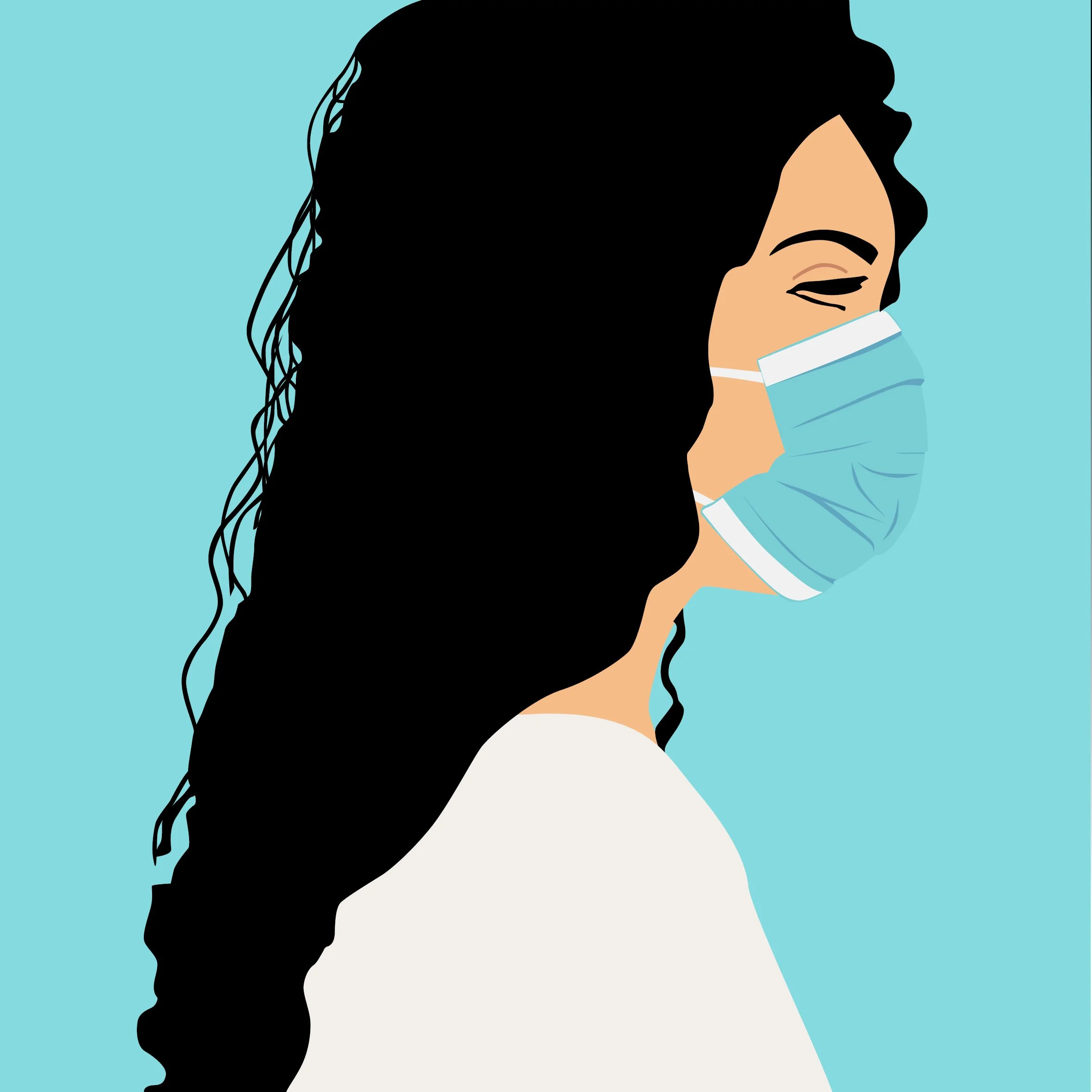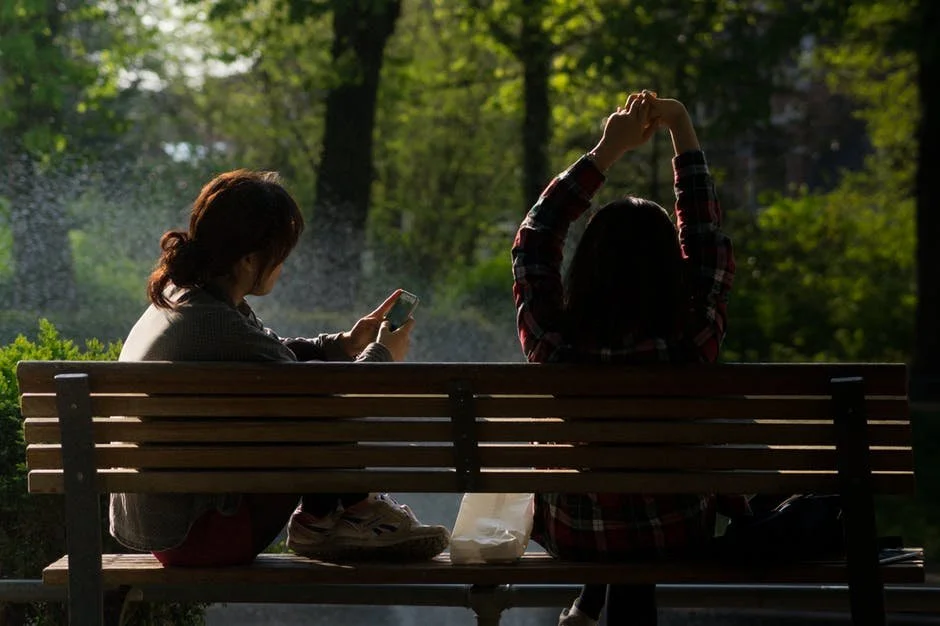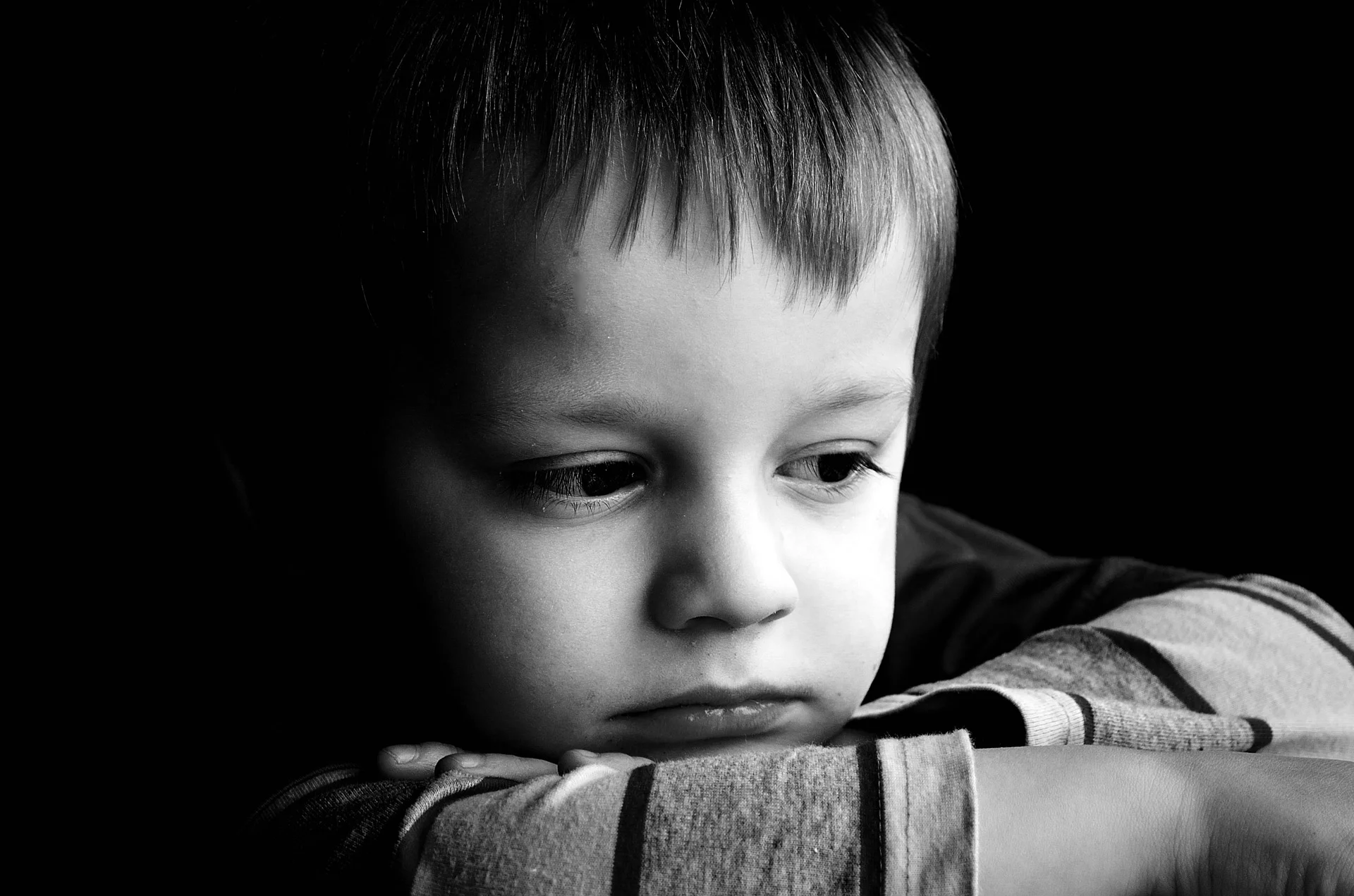July 2022 - The Backbone Collective releases a report discussing some victim-survivors’ experiences of abuser behaviour during the COVID-19 pandemic.
The report is based on responses to a Backbone survey released in March 2022 from 35 women victim-survivors with 68 dependent children, who live throughout Aotearoa New Zealand. All but one participant was separated from the abuser, and over half had been separated for more than 5 years.
Victim-survivors reported experiencing ongoing violence and abuse from the abuser throughout the pandemic. Many survey participants said the violence and abuse got worse during the pandemic.
Abusers used the COVID-19 pandemic as a new tool of abuse towards adult and child victim-survivors.
Some children were forced into unsupervised care with the abuser during lock-downs. Some abusers kept children in their care for long periods of time and prevented these children speaking to or seeing their mothers. Children experienced a range of abusive behaviours while in these care arrangements.
The survey participants tried to keep their children safe by using a number of services and agencies. However, these victim-survivors reported that the way that the system (government agencies, Family Court, Police and other services) responded to COVID-19 helped to create an environment that further enabled the violence and abuse.
Overall, survey respondents want to see a specialist response to victim-survivors and their children that uses a family violence lens to inform policy and service provision. Part of that specialist response requires officials and service providers to understand that violence and abuse does not end when a relationship ends.
The report contains an executive summary and a set of recommendations as suggested by victim-survivors.

















